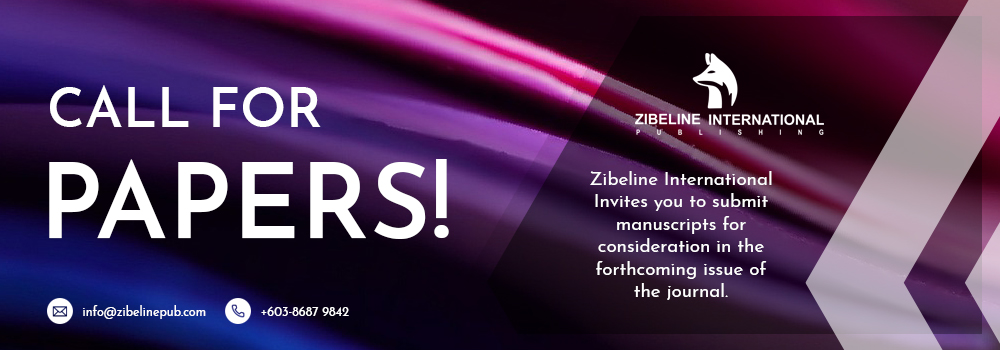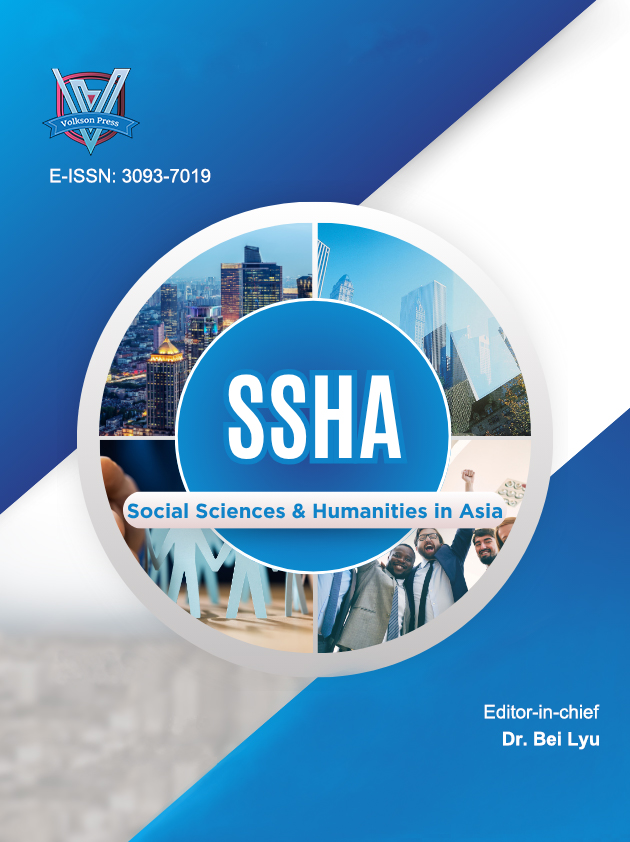Social Sciences & Humanities in Asia (SSHA)
Social Sciences & Humanities in Asia (SSHA) is an international, double-blind peer-reviewed journal published by Zibeline International Publishing. The journal publishes high-quality review articles and original research that span a broad spectrum of disciplines within the social sciences, including but not limited to sociology, anthropology, political science, economics, education, communication studies, and development studies. While it maintains a focus on Asia, the journal welcomes comparative and global perspectives that enhance the understanding of social phenomena.
SSHA serves as a vital platform for scholars, researchers, and professionals to present innovative and influential findings, theoretical insights, and practical perspectives that have the potential to inform public policy, improve social welfare systems, and promote sustainable human development. By encouraging interdisciplinary dialogue and evidence-based research, the journal aims to contribute to the advancement of knowledge and practice in the social sciences across diverse cultural and institutional contexts.
The journal accepts submissions year-round and maintains rigorous academic standards through its double-blind peer review process, ensuring the integrity and quality of the publications. SSHA is committed to fostering inclusive academic discourse and facilitating scholarly exchange among researchers both within and beyond the Asian region.

Zibeline International invites you to submit manuscripts for consideration in this scholarly journal. The journal welcomes research papers, reviews, reports, and other manuscript types across related interdisciplinary areas in the social sciences.
Social Sciences & Humanities in Asia (SSHA) is supported by a distinguished group of editors and reviewers. The Editorial Board comprises eminent scholars with extensive academic and professional contributions in their respective fields.
The Editorial Board oversees a stringent multi-level peer-review process, which includes evaluating submissions, selecting qualified reviewers, assessing reviewer feedback, and making informed editorial decisions to uphold the journal’s academic quality and integrity.





